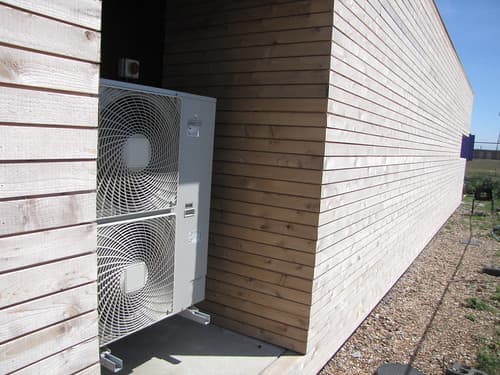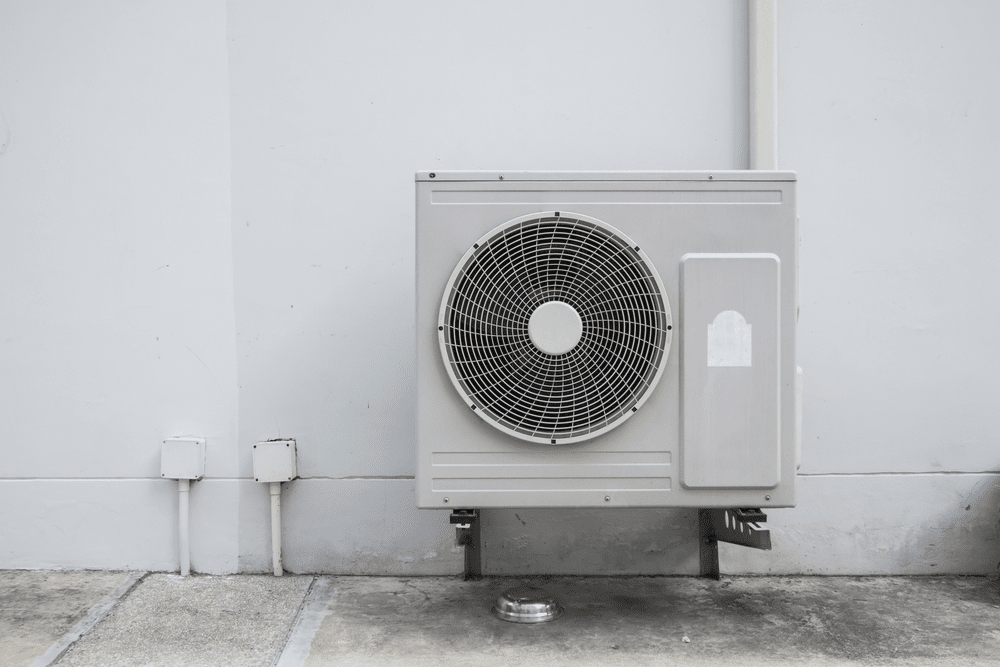The days of merely installing a combination gas furnace and air conditioner are over. Heat pumps are sweeping the HVAC world, providing an efficient means of both heating and cooling homes. However, is this craze really worth all the hype? Let’s take a closer look at heat pumps to understand both sides of the debate better.
How a Heat Pump Works

There are actually three different kinds of heat pumps, all of which use a slightly different method to heat or cool the air. These include geothermal heat pumps, water heat pumps, and air-to-air heat pumps. While these all use a different source for their heat, the principle is the same — they transfer heat either in or out of the home, depending on the season. For example, in summer, an air-to-air system sucks the hot air out of your home, leaving only cool and refreshing air behind.
Heat pumps don’t actually generate any of their own heat. Instead, they rely on electricity to assist in the process. Even with this energy consumption, heat pumps still use 50 percent less electricity than traditional heating sources.
Limitations of a Heat Pump
In the past, heat pumps were not powerful enough to be used in regions with extreme winters. The air, ground, or water that the pump pulled the heat from was just warm enough to sustain a comfortable temperature in homes. However, HVAC technology is improving, and what was once the most significant limitation of a heat pump is slowly becoming less of a problem.
Even still, many heat pumps do require supplemental heat to work efficiently. This is often labeled on the heat pump thermostat as “emergency heat,” and you can switch it on when the temperature isn’t rising fast enough. This increases the amount of electricity the unit is using, so while your home will be comfortable, your electricity bill may not be. To avoid using emergency heat, stay away from radical temperature swings, such as setting the thermostat at 60 degrees Fahrenheit during the day and then turning it up to 70 degrees Fahrenheit at night.
Is a Furnace or Heat Pump Better?
There’s no straightforward answer to whether a furnace or heat pump is better, instead, it depends on a number of factors, such as:
- Where you live
- How much electricity and gas costs in your area
- Age of equipment
If you live in a place that doesn’t see a harsh winter, heat pumps are probably preferred, as they are excellent at pulling hot air out of your home. However, a furnace is better at providing warm air during frigid winters.
Most furnaces run on gas, so if you have extremely low gas rates in your area, it might be best to go this route. Just keep in mind that gas furnaces and electric heat pumps are billed in different units. The gas company charges by therms, and the electric company charges by the kilowatt-hour. Finally, the age of your equipment is critical. Older heat pumps are far inferior to furnaces, but the newer models are much more efficient.
While heat pumps are not as revolutionary as the hype might suggest, they are certainly still worth a look when it comes time to replace your heating system.










